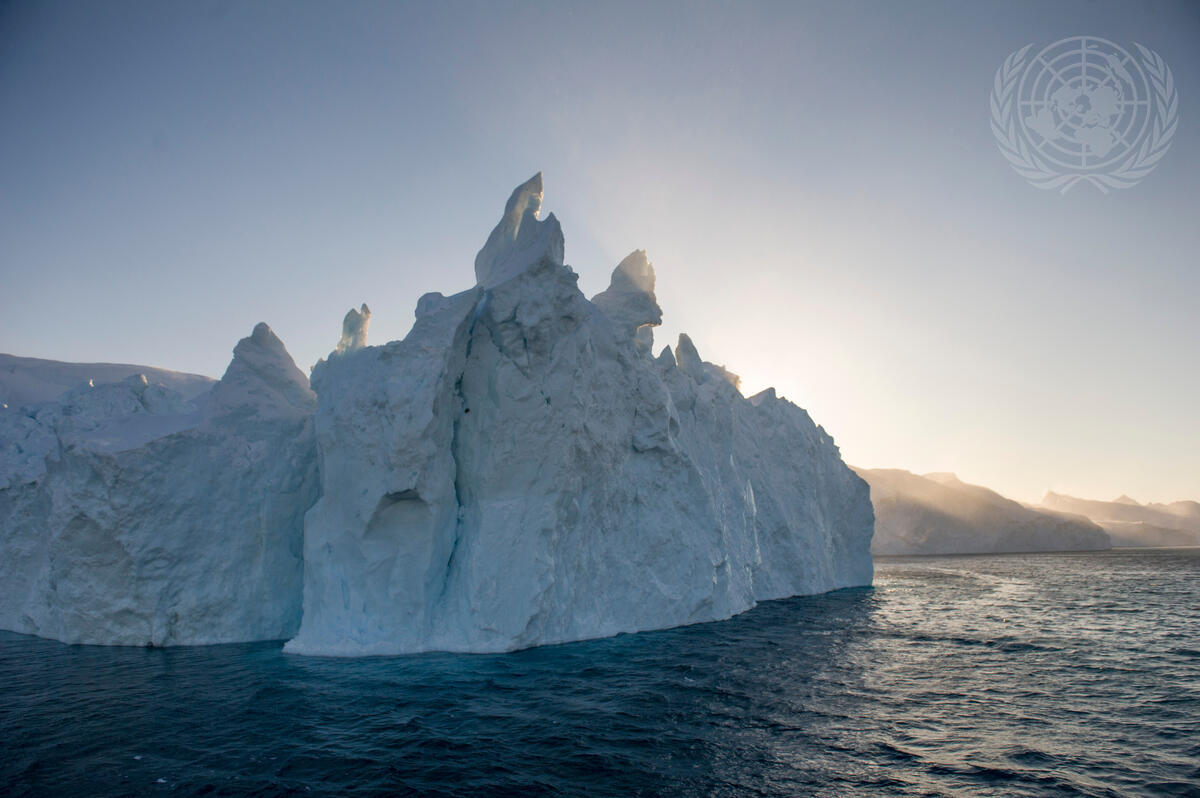
Global Climate and the International Response: UNESCO’s Work to Empower Communities

A looming specter called Climate Change continues to cast a shadow over communities across the globe. With greenhouse gas concentrations being at their highest, and emissions continuing to rise, the last decade has been the warmest on record. Despite the Paris Agreement, the Earth is 1.1 degrees Celsius warmer than in the 1800s and is threatening to exceed 1.5 degrees Celsius above pre-industrial levels. This is leading to warmer than normal seasonal temperatures around the globe. With higher temperatures, problems such as rising sea level, major weather events and droughts affect access to necessities including food, water and security. In order to address a global issue such as this, all levels of society need to work together. Climate change intersects almost all other issues such as: heath, energy, economy and gender equality. This makes it a daunting task for the international community to tackle. It must be recognized at the core of all decision making, as ultimately climate change will affect all regardless of borders. And with the release of the Intergovernmental Panel on Climate Change’s (IPCC) report in February 2022, it has been shown that the effects of climate change are already more severe and wide-spread than expected.
The United Nations and its network of organizations have taken up the call to address climate change and the United Nations Educational, Scientific and Cultural Organization (UNESCO) is no exception. It dedicates its resources to Member States across 30 programs in science, education and culture to address climate change for present and future generations. UNESCO’s overall aims in these efforts are to help Member States to mitigate and adapt to climate change, to educate for sustainable development in the context of climate change, to assess the risks of natural disasters due to climate change, and to monitor the effects of climate change on UNESCO designated sites (e.g. World Heritage sites, biosphere reserves and UNESCO Global Geoparks). It is through these aims that UNESCO works to educate societies on the change in biodiversity in ecosystems due to climate change and an individual’s own livelihood. Without helping individuals see how this threat affects them and their community, addressing climate change becomes nearly impossible. Campaigns such as the UNSECO Green Citizens initiative aim to bring citizens to the forefront, making them a catalyst for change at the local, national and international levels.
In 2017, UNESCO General Conference adopted the Strategy for Action on Climate Change (SACC) to drive the organization’s efforts in supporting efforts around the globe with Member States and their citizens taking the lead. This program ran from 2018 to 2021, with an assessment completed in 2021 on its effectiveness. SACC was successful at the country level through building partnerships between the Field Offices and local organizations, increasing UNESCO’s climate change programming with tailored approaches to local needs. The review also indicated that the biggest challenge to meeting the goals of SACC is financing. UNESCO funded SACC through extrabudgetary means, leaving Field Offices to fundraise for their own projects. This constraint left a gap in capacity and resources needed to fully realize the strategy.
UNESCO remains committed to addressing climate change through empowering citizens via education and resources. With field offices around the globe, it continues to learn through the successes and drawbacks of programs such as SACC. Ultimately, the international community needs to consider how to increase funding and resources for them. By doing so, it will ultimately provide for the success of these programs to better address climate change and create a better world for all.
Keep Up With The Accords
More to read
The AMUN Accords is a premier resource for fact-based Model United Nations simulations. We are always looking for new contributors. Want to write for the AMUN Accords? Check out out the submission guidelines and then get in touch!




